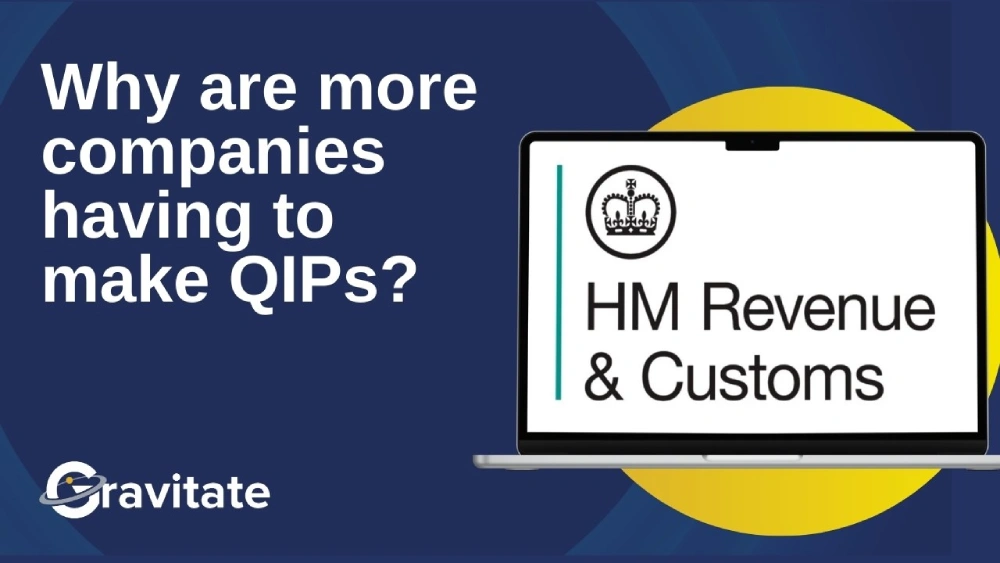It’s Mental Health Awareness week and this annual recognition of the importance of mental well-being has never been more important.
Mental health covers everyone, of course, but we know that – as business-focussed accountants – our expertise is limited. Rather than talking at length about issues we are not qualified in, we want to try and help where we believe we can make a difference.
For business owners, we know work and life can be synonymous with stress, particularly financial. Success often seems to come at the cost of sleepless nights, mounting bills and immense pressure.
In this blog, we will be looking at tools and strategies to help business owners manage stress and look after themselves, as well as their business interests.
Why is running a business in 2025 so stressful?
The last decade has been filled with uncertainty, from the impacts of the pandemic, rising inflation, increased employment costs, and interest rate volatility, to global economic challenges. Start ups have a mountain to climb, and even established businesses are finding it harder to stay afloat.
Uncertainty doesn’t just affect your bottom line; it can also dent confidence and fuel anxiety.
Key financial stressors for business owners
So, what are the key sources of stress for business owners? The true answer is there may be too many to even list out. But the following are some of the most common that crop up when we speak to our clients.
- Inconsistent Income: Not knowing when important revenue will come in can create constant anxiety.
- Debt Pressure: Business loans, credit card bills, and personal funds used for business are all a heavy burden.
- Overhead Costs: Rent, utilities, inventory and marketing can all add up, especially if sales are slower.
- Scaling Challenges: Hiring, outsourcing, or expanding can strain finances if not done strategically.
- Unexpected Expenses: Equipment breaks, market dips, or legal issues can blindside even the most prepared entrepreneur.
To make matters more difficult, financial stress doesn’t clock out. It follows you home, interrupts your sleep, and shows up in your interactions with employees, partners, and even family.
The hidden mental health challenges for business owners
Stressors for business owners aren’t just financially driven. Business owners often carry a heavy load without anyone to share it with – this can feel isolating and lonely when the going gets tough.
Additionally, even successful business owners are not immune to impostor syndrome and self-doubt, and the anxiety these generate.
Last, but certainly not least, entrepreneurial burnout is a big issue. Working 60-80 hour weeks, skipping holidays and sacrificing sleep for work are sadly glorified by certain groups online; but this is a recipe for disaster if not managed properly.
Helpful strategies to reduce financial stress
Some stress is inevitable in a high-pressure role – but this stress should be saved for areas where it is unavoidable or genuinely necessary for success.
The reality is most financial stress stems from uncertainty, and this uncertainty doesn’t always need to be there!
Financial literacy, good planning, reliable advice and use of helpful tools and apps can help you move from reactive panic to proactive planning.
All of this can give you a greater sense of stability, certainty and – above all – financial control.
Cash Flow Tracking
As the cliché goes, cash is the lifeblood of any business. Without a clear understanding of what’s going out and coming in, uncertainty can spiral. A reliable cash flow tracker that includes income sources (sales) and outgoing costs (bills, inventory, payroll) makes all the difference.
Understand different margins and what they represent
Profit is the goal of a business, but there are different types to be aware of. All the sales in the world are not sufficient unless you are keeping enough of it.
By understanding your gross margin (revenue minus cost of goods sold) versus your net profit margin (what’s left after all expenses), you get a much more reliable picture of how profitable and sustainable your business actually is.
Emergency funds
A business emergency fund is a critical safety net. Unexpected shortfalls, which can come from a variety of places, can be awful for stress, and not great for your business either. We recommend trying to save at least 3–6 months of operating expenses.
This might not seem possible at first, but you can start small. For example, you can set aside 5–10% of each month’s profit until you get there. This cushion keeps you from spiralling into debt when the unexpected hits.
Forecasting
Forecasting means using historical financial data to predict future expenses and profits. It allows you to plan for best-case, worst-case and most likely scenarios. It gives you clarity and understanding of your financial position and enables you to make strategic decisions long before problems (and the stress they bring) arise.
Forecasting provides a clear financial picture, replacing fear with facts. Knowing where you stand is better for business decisions as well as your mental health.
There is always someone who can help
You probably didn’t start your business to become an expert in finance (unless, of course, your business is in the finance sector). If finances are a cause of stress, then seeking help is a smart way to both boost your business and unburden yourself mentally.
By speaking to an expert, you can benefit from objective insights and a fresh perspective gained through their skills and experience.
Useful links for support
• Mind – Mental Health at Work for Small Businesses. Guides and free resources for employers and small business owners on supporting mental health in the workplace.
• Federation of Small Businesses (FSB) – Mental Health Hub. Mental health support lines, free access to counselling, and wellness resources as part of membership.
• Samaritans – 24/7 Emotional Support. Confidential support for anyone struggling to cope, including stressed entrepreneurs and business leaders.
• Mental Health UK – Support for Employers and SMEs. Toolkits, webinars, and mental health programs specifically created for businesses and leadership teams.
I hope this blog has been helpful, and Team Gravitate wishes all business owners the very best for the remainder of 2025 and beyond. If any of the issues in this blog area affecting you, you’re welcome to reach out to us.

.png)


.png)

.png)
.png)

.png)
.png)
.png)













.png)
.png)
.png)

.png)
.png)

.png)








.webp)
.webp)








.jpg)

.webp)
.png)

.svg)
